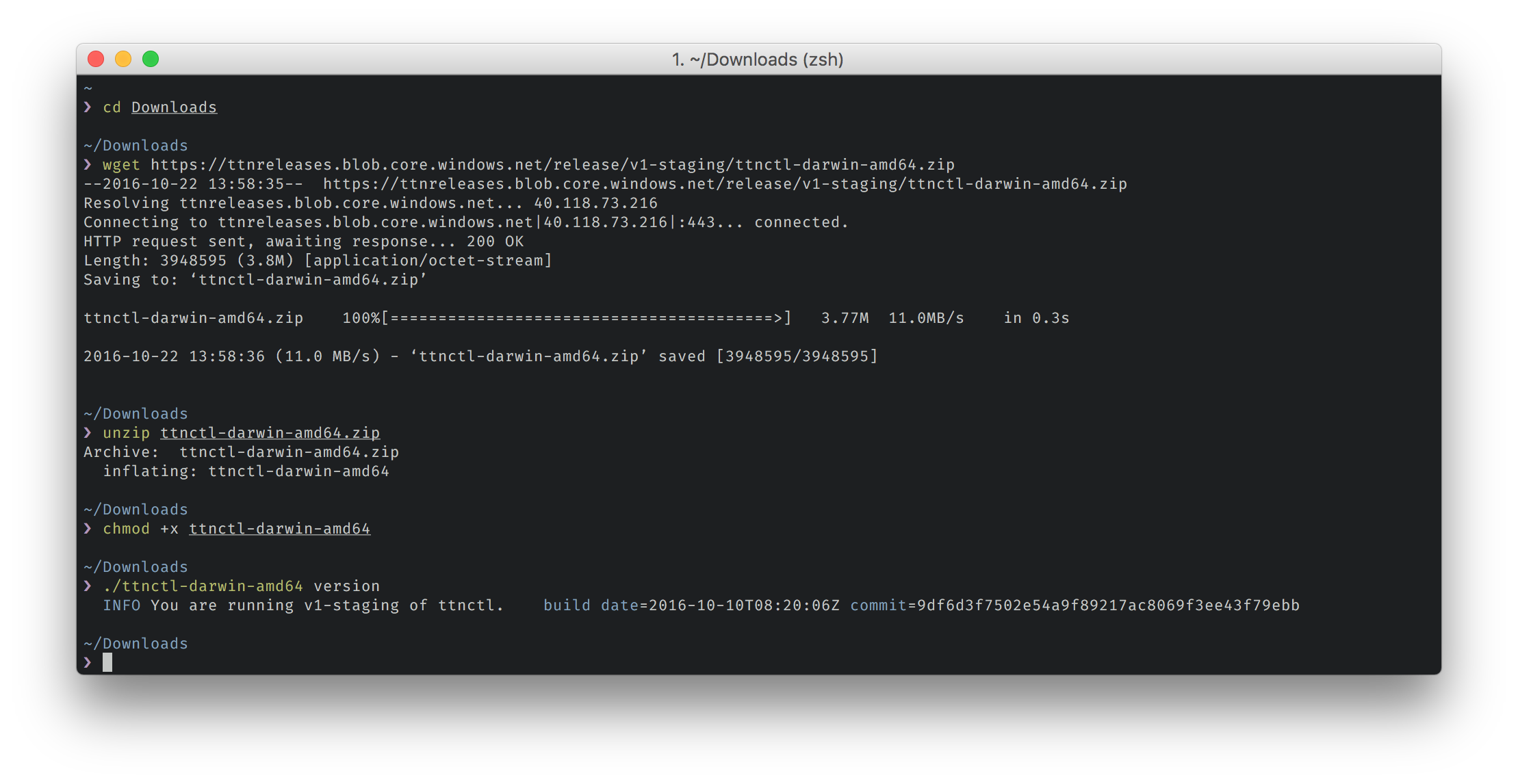Download Application Octet Stream File
- Posted in:Admin
- 14/01/18
- 90
An octet stream is the binary version of a MIME-type file. MIME-type files are those sent and received through browsers, servers and web clients. An octet is an eight. Weak Mp3 Download Seether. Mime Application/Octet-Stream Support Guide. Download MIME Application/Octet-Stream repair tool and install it. File Size: 2M ( 20 sec. Oct 25, 2010 Hi I am working on a.NET1.1 application. I want to download file on the web servers. Response.ContentType = 'application/octet-stream'. Mar 17, 2012 Download file in C#. I saw one sample which is opening all the file we download below is the. Response.ContentType = 'application/octet-stream'.

Just a note for those who face problems on names containing spaces (e.g. 'test test.pdf'). In the examples (99% of the time) you can find header('Content-Disposition: attachment; filename='.basename($file)); but the correct way to set the filename is quoting it (double quote): header('Content-Disposition: attachment; filename='.basename($file).' ' ); Some browsers may work without quotation, but for sure not Firefox and as Mozilla explains, the quotation of the filename in the content-disposition is according to the RFC. To avoid the risk of choosing themselves which files to download by messing with the request and doing things like inserting './' into the 'filename', simply remember that URLs are not file paths, and there's no reason why the mapping between them has to be so literal as 'download.php?file=thingy.mpg' resulting in the download of the file 'thingy.mpg'. Demonoid Photoshop Cs5 Keygen Forum.
It's your script and you have full control over how it maps file requests to file names, and which requests retrieve which files. But even then, as ever, never trust ANYTHING in the request. Basic first-day-at-school security principle, that. I have noticed some unusual behavior with Internet Explorer 6 that’s worth taking note of. Donell Jones Discography Rare here. I have a link on my site to a script that outputs an XML file to the browser with the below code: header('Content-Type: application/octet-stream'); header('Content-Disposition: attachment; filename='.$filename.'
'); @readfile($file); When the popular IE setting “Reuse Window for Launching Shortcuts” is unchecked (access this setting in the Tools Menu >Internet Options >Advanced Tab) this script will output the file to the browser and open it in a different window if the user clicks the open button on the IE prompt. However, if this setting is checked, and browser windows are being re-used, then it will open up on top of the page where the link was clicked to access the script. If I instead set the html link target option to be “_blank”, the script will open up in a new window as expected if the “Reuse Window for Launching Shortcuts” is checked. But, if the setting is unchecked, the output XML file will open up in a new window and there will be another blank window also open that has the address of the script, in addition to our original window. This is far from ideal, and there is no way of knowing whether users have this option checked or not. We are stuck with the distinct possibility of half of our visitors seeing either an annoying third blank window being opened or the script writing over their original window, depending on their “Reuse Window for Launching Shortcuts” setting. I wasted days trying to figure this out before I found the problem was easily solved.
I'm sure many of you out there have had similar problem when trying to use readfile to output images with a php file as the 'src' of a 'img' tag. It works fine 'as is' in Firefox but not in IE, Safari or g.Chrome. I found hundreds of results on google all saying things like 'there must be white space at the end of you code', 'you need this header or that header'. I couldn't believe what the solution was but here it is anyway! Remove the 'Width' and 'Height' attributes from your 'img' tag.